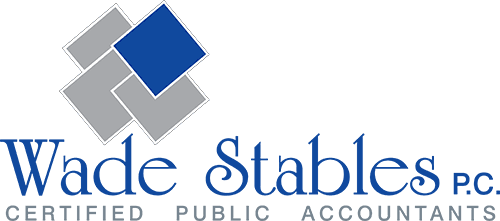As college costs continue to rise, you may be concerned about how to save and pay for it. Tax-favored strategies may be available. For example, you can contribute to a 529 plan set up to meet a child’s or grandchild’s education expenses. Contributions aren’t deductible but earnings accumulate tax-free. Contributions are taxable gifts to the child and are eligible for the $19,000 gift tax exclusion in 2025. By taking advantage of a five-year gift tax election, a grandparent can contribute up to $95,000 ($19,000 × 5) per beneficiary this year, free of gift tax. Distributions of earnings that aren’t used for qualified expenses are subject to income tax plus a 10% penalty. Other rules apply.
Read More...
The optional standard mileage rate used to calculate the tax-deductible cost of operating a business vehicle increased in 2025. The IRS announced that the cents-per-mile rate for the business use of a car, van, pickup or panel truck is 70 cents. In 2024, the rate was 67 cents per mile. The standard rate is useful if you don’t want to track actual vehicle-related expenses. But you still must record certain information, such as the mileage, date and destination for each trip. The standard mileage rate is adjusted annually and calculated based on driving costs, including the price of gas. According to AAA, the national average price of a gallon of regular gas on Jan. 17 was $3.11.
Read More...
If your employer offers a 401(k) plan, contributing to it is a smart way to build a nice nest egg. Consider increasing the amount in 2025 if you’re not already contributing the maximum allowed. With a 401(k), an employee elects to have a certain amount of pay deferred and contributed to a plan by an employer on his or her behalf. The 2025 contribution limit is $23,500. Employees age 50 or older by year end are also generally permitted to make additional catch-up contributions of $7,500. However, under a law change that becomes effective in 2025, 401(k) plan participants of certain ages can save more. The catch-up contribution amount for those who are age 60, 61, 62 or 63 in 2025 is $11,250.
Read More...
If you own a small business with no employees (other than your spouse) and want to set up a retirement plan, consider a solo 401(k) plan. This is also an option for self-employed individuals or business owners who wish to upgrade from a SIMPLE IRA or SEP plan. For 2024, you can make an elective deferral contribution of up to $23,000 of your net self-employment (SE) income ($30,500 if you’ll be 50 or older as of Dec. 31, 2024). On top of the elective amount, an extra contribution of up to 20% of your net SE income is allowed for solo 401(k)s. For 2024, the combined elective and extra contributions can’t exceed $69,000 ($76,500 for 50 or older) or 100% of net SE income. Questions? Contact us.
Read More...
The Social Security Administration has announced that the wage base for computing Social Security tax will rise to $176,100 in 2025. This is up from $168,600 in 2024. (Believe it or not, it was just $3,000 from 1937–1950!) Wages and self-employment income above this amount aren’t subject to Social Security tax. The Federal Insurance Contributions Act imposes two taxes on employers, employees and self-employed workers. One is Social Security and the other is Medicare. A maximum amount of compensation is subject to the Social Security tax, but there’s no maximum for Medicare tax. For 2024 and 2025, the FICA tax rate for employers is 7.65% (6.2% for Social Security and 1.45% for Medicare).
Read More...










